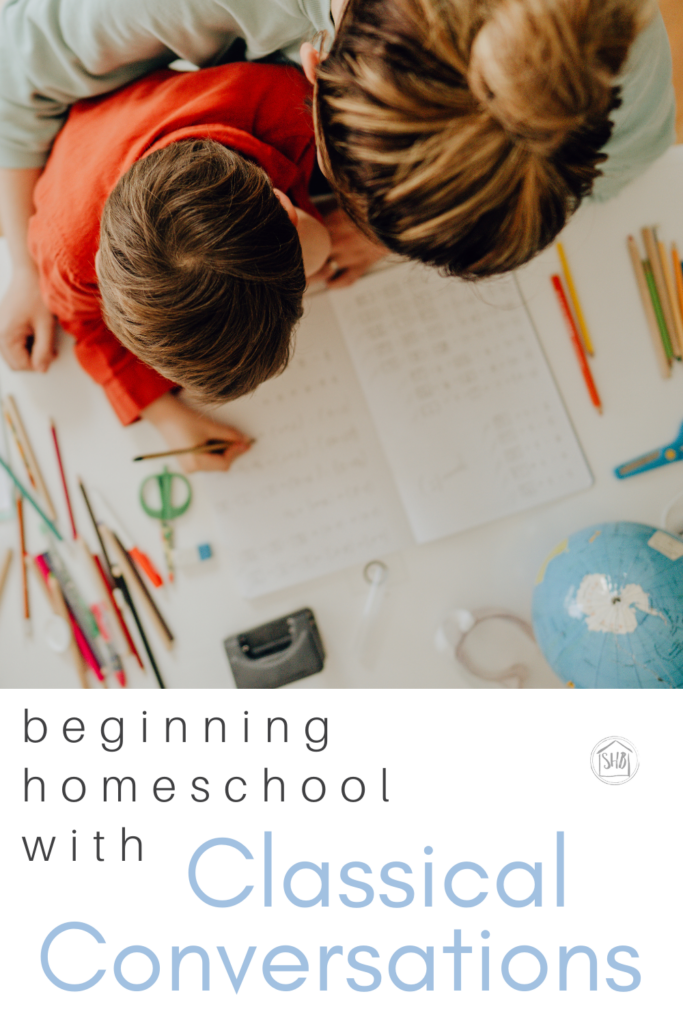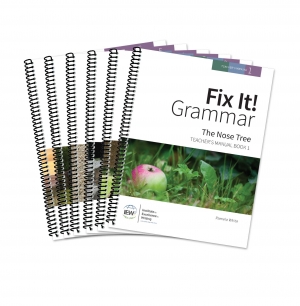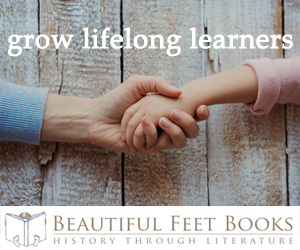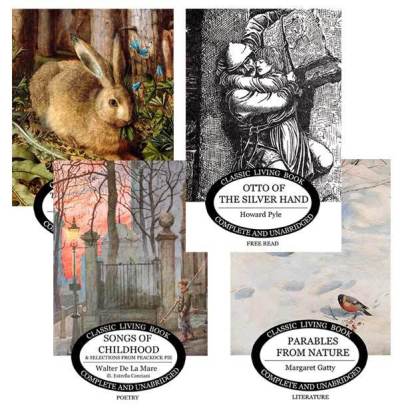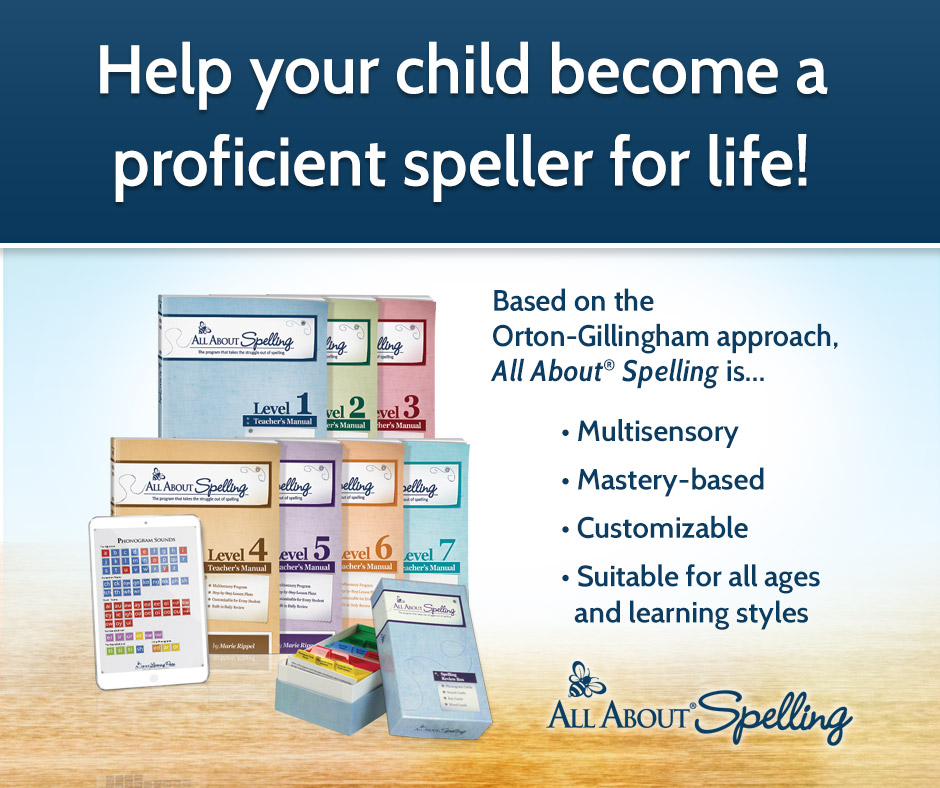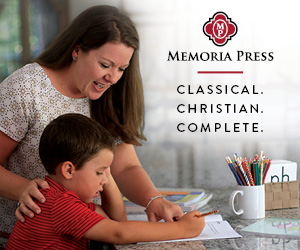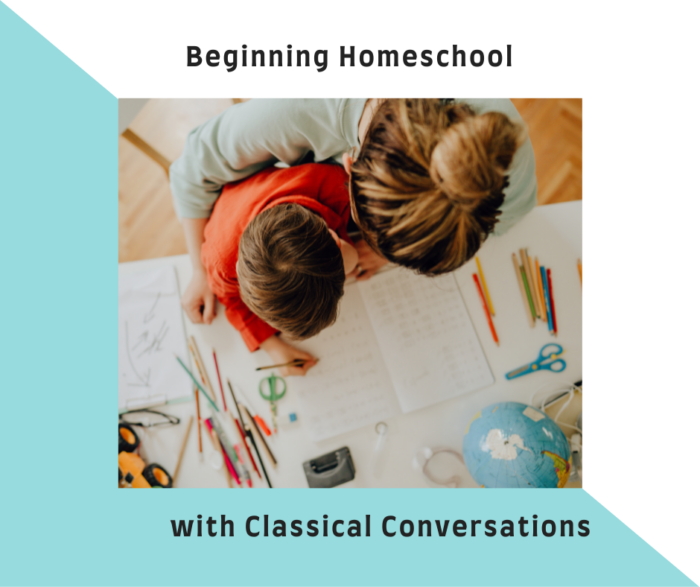
We are about to enter our 7th year of homeschooling! It’s crazy to think how much we have learned and grown in these past 6 years of homeschool. This year all FOUR of our kids will be enrolled in our local CC Community!
We chose Classical Conversations early in our homeschooling journey. I went to my first Practicum the summer before we started kindergarten with our oldest.
After hearing from a number of first-time CC/first-time homeschool mamas, I have had it on my heart to share a little bit about our journey. To be of some small encouragement to first-time (fill-in-the blank) parents – that is the goal here.
This post may include affiliate links. If you click and make a purchase based on my recommendation, I get a small remuneration at no extra expense to you. I only recommend things I use and believe to be a blessing.
First, here’s a little background about us.
We decided on homeschooling after working with my oldest through one-year-old preschool (at home) tot school for twos (at home) and preschool (at home). However, it took me a long time to come to the realization that we would homeschool our kids.
I had a Betty Crocker homemaker outlook on life. When I dreamed of my kids’ school years, I saw myself being involved with their school work, but definitely sending them to school. I wanted to be that mom who had the house tidy with home-baked afterschool snacks, dinner on the table at 6, and laundry folded neatly and put away at the end of the day. Doesn’t that sound lovely? Oh, and the kids in this fantasy were excellent students who did their homework immediately upon arriving home from school, nary a cross word.
There was definitely something wrong with my plan!
Betty Crocker is – well, I am just going to say it – dead. Was she ever living? I mean was there ever going to be a reality to this dream of mine?
First, we couldn’t send our kids to public school in Southern California. Not a possibility. My public school education in the 80s and 90s in Texas is long gone. And if I am being honest, it wasn’t all that great. Second, we didn’t want to send our kids to the private Christian school my husband attended. We (and I am only speaking for the two of us) don’t feel the huge expense is worth it. Lastly, we are not independently wealthy and cannot afford to hire a tutor.
So, all this schooling stuff fell to me. However reluctant I was to say we would homeschool when it came to actually homeschool-ing I was off-the-charts excited.
Teaching – Am I a Teacher?
I feel like I am writing the story of my life here. Hope you are enjoying it. Anyway, let me start with this. Wait a minute…this next sentence is extremely hard to write.
I am a teacher.
I am sitting here as I type this with the cursor on the blank space below that sentence. This simple sentence is earth-shattering for me. Not because I don’t want to be a teacher. And not even because I feel inadequate as a teacher – because I do. But because this is the job God gave me (and my husband) when He gave us these kids. It is heavy. The weight of that makes me want to cry out, “HELP!”
Are you feeling that weight, too? Here’s the encouragement I have for you. It’s another simple sentence, not nearly as hard to write:
I am a student.
That sentence was so much easier to write because I have a Teacher – the best one ever! When the days are difficult, I can run to Him and sit at His feet and learn. I can ask Him, “How do I teach these kids? How do I show them the Truth?” What does that look like today, God?” The weight of being the teacher to my kids is lessened by my choice to learn alongside them.
Classical Conversations (and I am sure other homeschool curricula) refers to an aspect of this approach to parent-student as “being the lead learner” in your homeschool. Where I fall short as a parent-teacher, I can pick up the slack by investigating, asking questions, problem shooting, and finally – settling on the truth. I don’t have to have it all figured out at the start of each year (or even each day) in order to lead my students well.
A Lead-Learner, a Parent-Learner
Notice I said I didn’t have it all figured out before the school day starts – much less the school year. All that planning? It’s fun – believe me, I’m into it! But this first year out the gate, may I encourage you to learn how to be a lead learner?
Settle into learning not about how to homeschool (there are books galore out there – for later), but how YOU homeschool. How you homeschool at the beginning of the year may look completely different than how you end the year. In the interim, you will discover the ways your kids learn, the ways you teach, what the rhythms of your day are, and more.
This is your year to soak it in. See a problem rising up? Want to do all the things and just don’t have time for it? Put on your student hat. Dig in and search for the answer, the solution – whatever works for you.
The Classical Conversations Approach to Homeschooling
As you likely know, Classical Conversations is a Christian Classical approach to education at home. Classical Conversations is structured in the early years – the Foundations years – as three cycles. Every community across the globe is on the same cycle each year. That means no matter where your student enters the cycle, she is in the fold immediately, on the same page as everyone else.
The Classical model is very much about cycles. A student sees information the first time through a cycle, taking in as much as she can at whatever stage she is in. When the wheel comes back around, she sees it again, recognizing the old and possibly seeing nuance she didn’t see before. As the wheel turns she sees more, asks different questions, discovers new things, and progresses in the school of life.
With Classical Conversations, the cycles are generally: Ancient, Middle Ages/Renaissance, United States; but this is only viewed through the lens of history. For science, the cycles include two branches of science per cycle. For English grammar, the cycles follow through the various parts of speech. Latin and Geography also have their cycles.
But Classical Conversations has wheels inside wheels, too. Each time through each cycle the Math and Timeline are the same. Each year the student will take in more and more of the information of these two inner wheels of the cycles – again through repeated exposure.
I can’t exactly put to words what a strange forward-moving contraption this vehicle of Classical Conversations makes. It has at least seven wheels, but some of those wheels turn other wheels. It’s a LOT.
Anyway, the beautiful thing about the Classical Conversations curriculum is this: it is done for you! You don’t have to worry about reinventing the wheel. You don’t even have to worry about how it works with all its wheels and whatnot. This year, you can just go for a ride in it!
Oh, and since you are now the lead learner alongside your student(s), you will get to experience this cyclical deepening of understanding. Each year, as you cycle through again, you will know more, understand more, and have more experience which will cause you to see the same concepts in new ways.
Turning a Feast into a Snack which Satisfies
When we started with Classical Conversations, there was a website. You may have heard of it. Don’t worry, I am not going to send you there. This website had “match-ups” for every week of the CC curriculum, every subject – including the riches – art, music, science, etc. I don’t think I can accurately express the heaviness of the weight of those “match-ups.”
That website did two things well:
- They helped me to understand the vastness of the feast of education. It is MASSIVE!
- They put all that weight of that entire feast on me without any direction of where to start, how much to take in.
I am not trying to bag on that website, but homeschool mama friend, please don’t go to that site…this year. The author of that site is no longer doing CC. That news does not surprise me because burnout is real. Overeating at the feast of education is REAL. Ingesting too much will cause us to vomit it out – sorry to be graphic. But over-indulging is not nourishing.
Classical Conversations set up this Foundations curriculum to lay out the feast in bite-sized pieces. They’re aware of the vastness of the feast, too. And they’re just as excited to share it with you and your kids. But they know kids at this age. They know kids like to play at learning, sing to memory, and ask questions ad nauseum.
I would venture to guess they know us as parents, too. All the “Am I doing enough?” questions are balanced out with “Is this too much?” questions. Classical Conversations simplifies it down to the absolute basics for the early years for us and for the kids.
Praise God for Bite-Sized Pieces
Since I already told you the before homeschooling picture, I thought I would share a vignette of our first year.
We only had one official student: G – super bright, 5 years old. Along for the ride were W – always involved, never interested at 4, and AG, almost 1- didn’t walk until he was 18 months <- this part matters. In the middle of the year, we found out another little one would be joining us before our second year of schooling. I was a pregnant, homeschooling mom of 3, struggling with the idea of adding another. I literally said this to God: “God, I am already a bad mom of three. And You’re giving me another one?!?”
Let me tell you about our community days that first year, too.
We drove an hour (up a mountainside – I don’t do curves) each way to get to our CC community. Then there was a 10 minute hike down to the classroom and back up at the end of community day. Most weeks I had a not-walking 1 year old strapped to my front, holding a hand on either side, attempting to navigate the path downhill and back up again. All this for a three-hour event in the middle of the week?
Yep. This is what homeschooling looked like for us that first year! It’s a wonder and a miracle straight from the Father of Lights we made it through that year.
Add to this the weights I told you about – the one where I am the teacher and the other one where I am supposed to add to the already overwhelming feast. It had all the potential for craziness, discouragement, and defeat.
And yet.
God, my Teacher, knew what He was doing when He put Classical Conversations in our path. He is so good!
Classical Conversations was the gift our homeschool needed that first year for this one reason. I tell anyone who asks me about that first year this:
I love Classical Conversations because you can make it as tiny as you want (or need)
OR you can make it as big as you want.
What Our First Year in Classical Conversations Looked Like
As you can likely guess, after our Christmas break news of baby, our homeschool shifted to the tiny side of the spectrum. Before that it wasn’t much bigger – we would throw in some readings or silly activities to go with our memory work review. That was about as big as it got.
We didn’t even do a math curriculum that first year. You can read about why I still don’t teach Kindergarten math here. I didn’t have to teach my kindergartener to read that first year either (she taught herself before she turned 4). Intermittently, we worked through a wonderful early grammar resource – First Language Lessons. But it took just a few minutes a day – when we got around to it. The only “extras” we did sprang from my brain about 10 minutes before we did them.
What did we get around to doing? We listened to the memory work. A LOT! It truly was enough for my kid to be learning that first year.
The Results of Tiny Bites at a Big Feast
Every kid is different. We have three distinct examples of first-year CC students now to prove it. My first student? At the end of her first year of Classical Conversations, she tried for and became a Memory Master. My second student? She has no interest in following her sister’s footsteps and becoming a Memory Master – ever. But she is constantly noticing connections in our every day life. She is actually better and faster at memorizing facts and poetry than her older sister. And my most recent addition to CC? He has learned so much in his first year in CC. His favorite thing to recite is the skip counting. Does he have everything memorized? Nope. Is he a brighter and better student after a year in CC? Absolutely!
But these aren’t necessarily the results I am looking for. I am looking not for my children to excel in a particular curriculum or pass a number of tests. I am looking to educate them and to guide them. A few years ago I sat down before I started homeschooling my kids and set out a number of goals. They are still appropriate for all my kids. I wanted to teach them:
- to love and trust Jesus (Mark 12:28-34)
- where to go when life’s problems come – God’s word (Psalm 119)
- the power and meaning of forgiveness and restoration (Romans 5:6-11)
- correct moral behavior (Galatians 5:13-26)
- proper etiquette and manners (Colossians 3)
We are still working on each of these things. These are the always kind of learning. The kind of learning when I can sit down next to my kids and play the role of lead learner – because I need it just as much as they do!
More About our Simplified Approach to Homeschooling
Mama friend, I know the struggle between too much and not enough is REAL. Even as you have read this, I am sure you might be wondering, “Yeah, but is it really enough?”
It is!
Be gentle with your kids this year, Mama. Be gentle with yourself, too. Remember you are all embarking on a new homeschool journey. Also, remember who your Superintendent of School and Head Teacher is. Lean on His guidance, not another mom’s. He will lead you.
But there is the practical, too. I have written a few posts which I encourage you to read. They are the wisdom (such that it is) from this homeschool mama from before I started teaching my kids at home to this year.
- A Christian Mom Looks at Home School
- Home School is NOT an Option – A Christian Mom Looks at Homeschool
- What Kindergarten Looks Like in our Homeschool…Really
- Skip Counting Tips and Tricks
- Reflections from Classical Conversations Practicum 2021
- Charlotte Mason in our Classical Homeschool
- We Said Good-Bye to Kindergarten Math
- Simple PAL Learning
Oh, and I invite you to join my Classical Conversations-specific mailing list. That way you can get encouragement and updates along the way.
I have started writing enough about Classical Conversations that I created a segment of my mailing list devoted to CC. If you are interested in receiving updates on our CC journey, encouragement for your CC journey, and notification of new resources to help you, please sign up here. If you are already a subscriber, it will NOT double-subscribe you.
